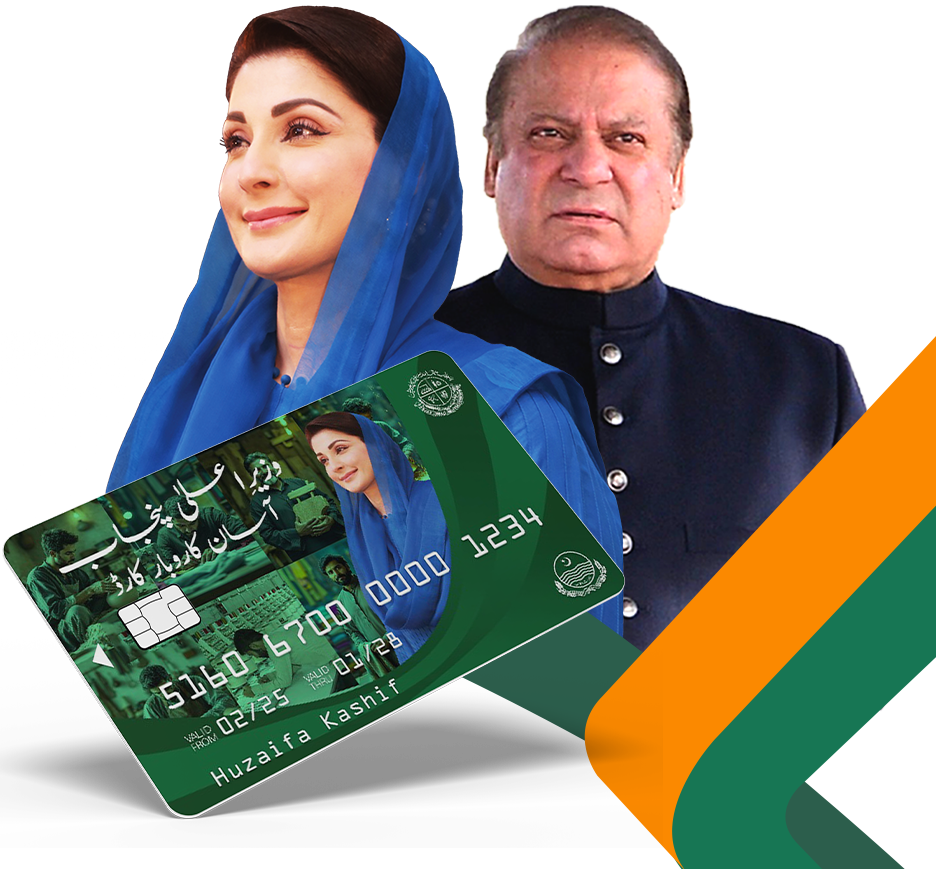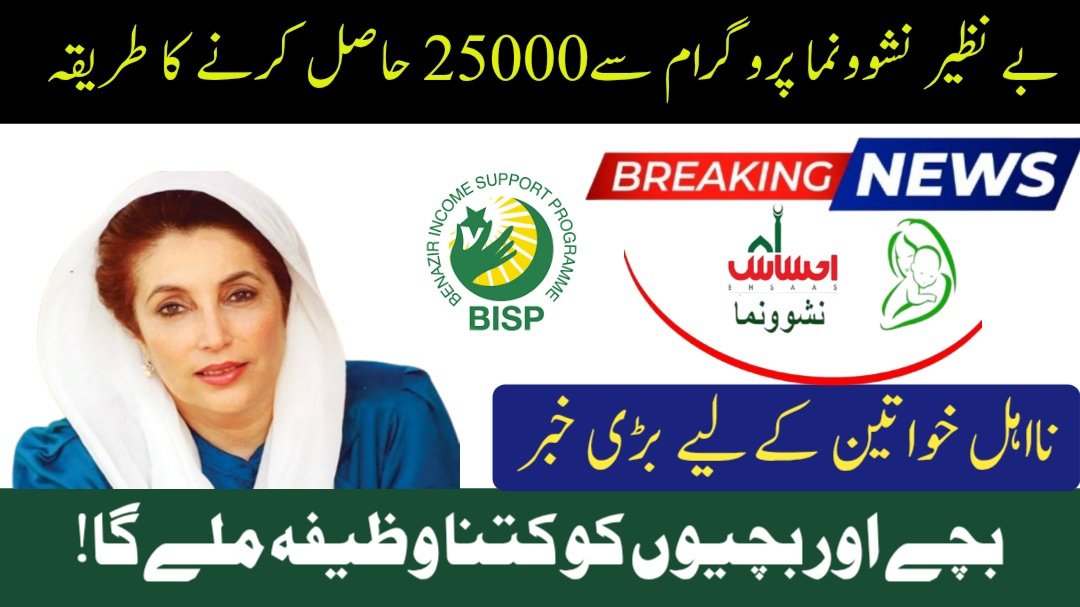The Benazir Nashonuma Program offers vital support to pregnant women from low-income families. Eligible women can receive Rs. 2500 each month to care for themselves and their babies. Registration is very simple and takes place at DHQ hospitals. Just bring your original CNIC, undergo a medical checkup, and start receiving your payments. Let’s explore the easy steps to benefit from this program!
| 📝 Step | 🏥 What You Need to Do |
|---|---|
| Visit DHQ Hospital | Take your original CNIC to the Nashonuma Desk |
| Medical Checkup | Confirm pregnancy and verify information |
| Complete Registration | Receive a treatment card after approval |
| Collect Payment | Get Rs. 2500 monthly if eligible |
Latest Update on Benazir Nashonuma 2500 Payment for April 2025
For April 2025, the Benazir Nashonuma Program will provide Rs. 2500 to every registered pregnant woman. This financial aid is to ensure mothers and babies get proper nutrition and medicines. Malnutrition can harm both mother and child. To collect your payment, bring your CNIC and medical papers to the DHQ hospital. For updates, visit 8171.bisp.gov.pk!

Simple Steps to Get Benazir Nashonuma Payment from DHQ Hospital
To receive your Rs. 2500 monthly support, visit the nearest DHQ hospital with your original CNIC. Go to the Nashonuma desk, complete your medical checkup, and if confirmed, you will be registered. Once you have your treatment card, your payments will begin. Regular health checkups are needed to keep receiving help.
Who is Eligible for the Benazir Nashonuma Program?
Eligibility rules are simple:
- 🤰 Must be a pregnant woman
- 🍛 Must belong to a poor family facing food shortage
- 👩 Age between 20 to 40 years
- 💵 Husband’s income less than Rs. 30,000 per month
- 🚫 No government employee in the family If you meet these points, you can easily register and enjoy full benefits!
Special Benefits for Women Under the Nashonuma Program
Registered women enjoy several free services:
- 💸 Monthly Rs. 2500 payment
- 🩺 Special treatment card for easy hospital visits
- 🏥 Free medical care during pregnancy
- 🫁 Oxygen and other critical medical support
- 👶 Free health care for baby until 2 years old
- 🧪 Regular growth monitoring and free medicines
- ❌ No cost involved in services provided
How to Register for the 2500 Nashonuma Payment – April 2025
There is no online registration option. You must physically visit a DHQ hospital with your CNIC. Doctors will conduct a health checkup to confirm pregnancy. After successful verification, you will get a treatment card and start receiving Rs. 2500 every month without hassle. The entire process is designed to be quick and easy!
Read More :Ehsaas Program CNIC Check Online 2025 | Complete Guide
Importance of Benazir Nashonuma Support for Mothers
The Rs. 2500 monthly support is a lifeline for many pregnant women who struggle to afford medicines and healthy meals. Proper nutrition is vital for the mother’s and baby’s health. This program greatly reduces health risks during pregnancy and ensures a brighter future for both mother and child. The government aims to secure the well-being of underprivileged families through this initiative.
Read More:6 Types Women Not Eligible for BISP Payment
Conclusion
The Benazir Nashonuma Program is an amazing opportunity for pregnant women in Pakistan. Just visit your nearest DHQ hospital with your CNIC and get registered. You will receive Rs. 2500 monthly along with complete medical support until your child turns two. Make sure you do not miss out! For more information, check 8171.bisp.gov.pk and grab this valuable help today.
FAQs
Can registration for Nashonuma Program be done online? No, you must visit the DHQ hospital for registration.
Till when will the Rs. 2500 payment continue? You will receive it monthly until your child is two years old, if you stay eligible.
Is there any registration fee for the Nashonuma Program? No, the registration and all related services are completely free.
Can an unmarried woman register for the program? No, only married and pregnant women from poor families are eligible.

